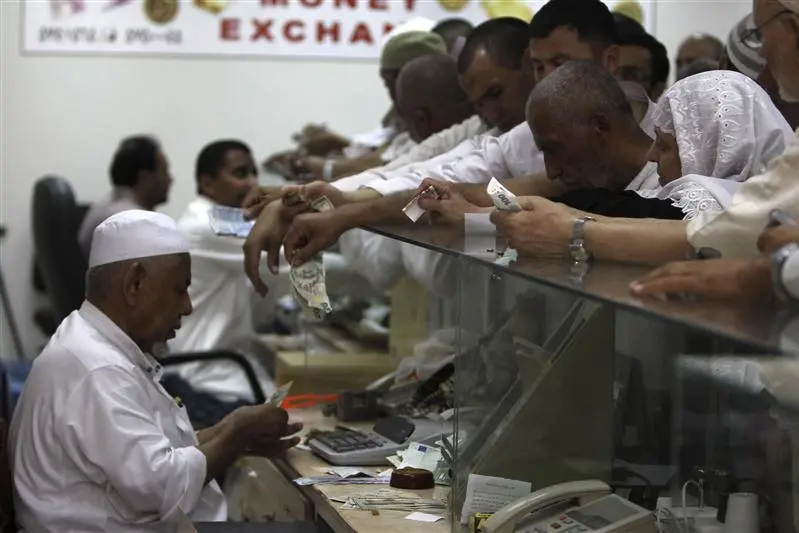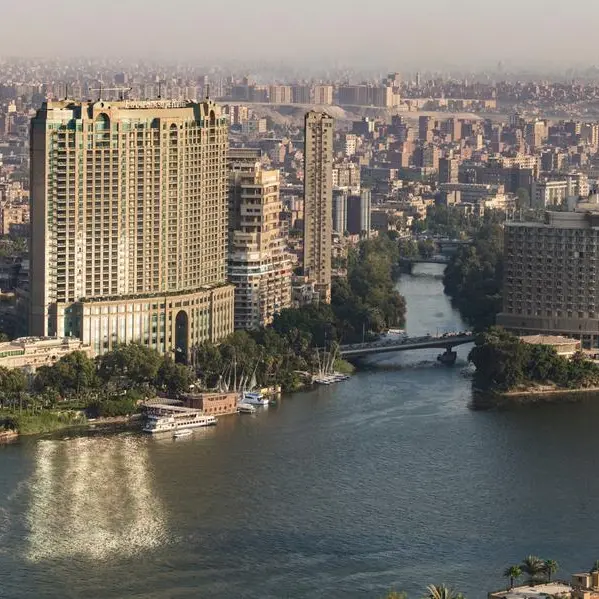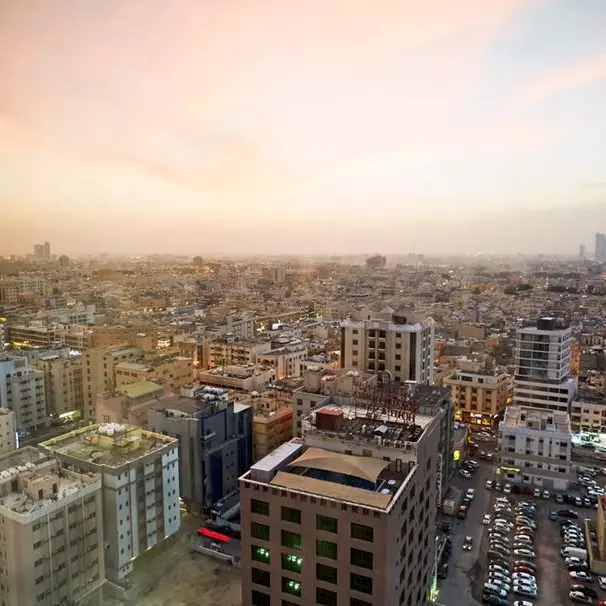PHOTO
RIYADH, Jan 19 (Reuters) - Saudi Arabia's advisory Shura Council will study a proposal next week to impose a 6 percent levy on expatriate remittances, the Saudi Gazette newspaper said on Thursday, a measure which could help reduce the Gulf state's large budget deficit.
The levy could also help to close a current account gap created by low oil prices. Roughly 10 million foreign workers transferred $9.4 billion to their home countries in the third quarter of last year, according to Saudi central bank data.
The proposal was made by Hussam al-Anqari, former chief of the General Auditing Bureau, and approved by the council's financial committee, the newspaper reported. Anqari said the step would aid the economy by encouraging expatriates to spend within the kingdom.
The government does not always adopt measures recommended by the council, and it may hesitate to tax remittances for fear of raising companies' costs further, which could deter private investment. Central bank Governor Ahmed al-Kholifey said in November that the government had no plans for such a fee.
Government financial plans announced last month included a new levy on each expatriate worker and their dependents, and other revenue steps such as introduction of a value-added tax in 2018.
But Finance Minister Mohammed al-Jadaan said at the time of the announcement that before 2020, the government would not surprise the private sector with any new policy initiatives beyond those already revealed.
Saudi Arabia does not levy income tax on individuals, and Jadaan said last month that the government would not introduce one for Saudi citizens or foreign residents.
(Reporting by Katie Paul; Editing by Andrew Torchia and Dominic Evans) ((Katie.Paul@thomsonreuters.com;))
The levy could also help to close a current account gap created by low oil prices. Roughly 10 million foreign workers transferred $9.4 billion to their home countries in the third quarter of last year, according to Saudi central bank data.
The proposal was made by Hussam al-Anqari, former chief of the General Auditing Bureau, and approved by the council's financial committee, the newspaper reported. Anqari said the step would aid the economy by encouraging expatriates to spend within the kingdom.
The government does not always adopt measures recommended by the council, and it may hesitate to tax remittances for fear of raising companies' costs further, which could deter private investment. Central bank Governor Ahmed al-Kholifey said in November that the government had no plans for such a fee.
Government financial plans announced last month included a new levy on each expatriate worker and their dependents, and other revenue steps such as introduction of a value-added tax in 2018.
But Finance Minister Mohammed al-Jadaan said at the time of the announcement that before 2020, the government would not surprise the private sector with any new policy initiatives beyond those already revealed.
Saudi Arabia does not levy income tax on individuals, and Jadaan said last month that the government would not introduce one for Saudi citizens or foreign residents.
(Reporting by Katie Paul; Editing by Andrew Torchia and Dominic Evans) ((Katie.Paul@thomsonreuters.com;))





















